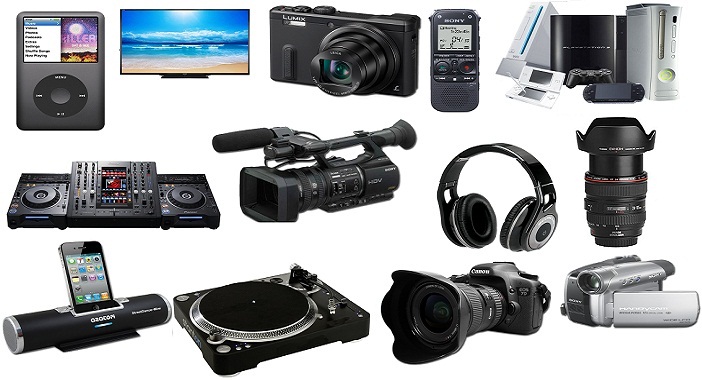2 mins read
High import tariffs and taxes rule luxury portable consumer electronics to hit bottom low-Brazil: Ken Research

December 22, 2024
Copyright 2023, IT Voice Media Pvt. Ltd.
All Rights Reserved

 Transaction of luxury portable consumer electronics remained inconsequential in Brazil over the review period. These products lack both distribution and demand. While the status of smart phones is soaring, there is little concentration in luxury variants, with those seeking to buy such products being more likely to do so in a foreign country. TAG Heuer, a strong global player in luxury portable consumer electronics, is present in Brazil but opts to hub exclusively on watches and eyewear in the country.
Transaction of luxury portable consumer electronics remained inconsequential in Brazil over the review period. These products lack both distribution and demand. While the status of smart phones is soaring, there is little concentration in luxury variants, with those seeking to buy such products being more likely to do so in a foreign country. TAG Heuer, a strong global player in luxury portable consumer electronics, is present in Brazil but opts to hub exclusively on watches and eyewear in the country.